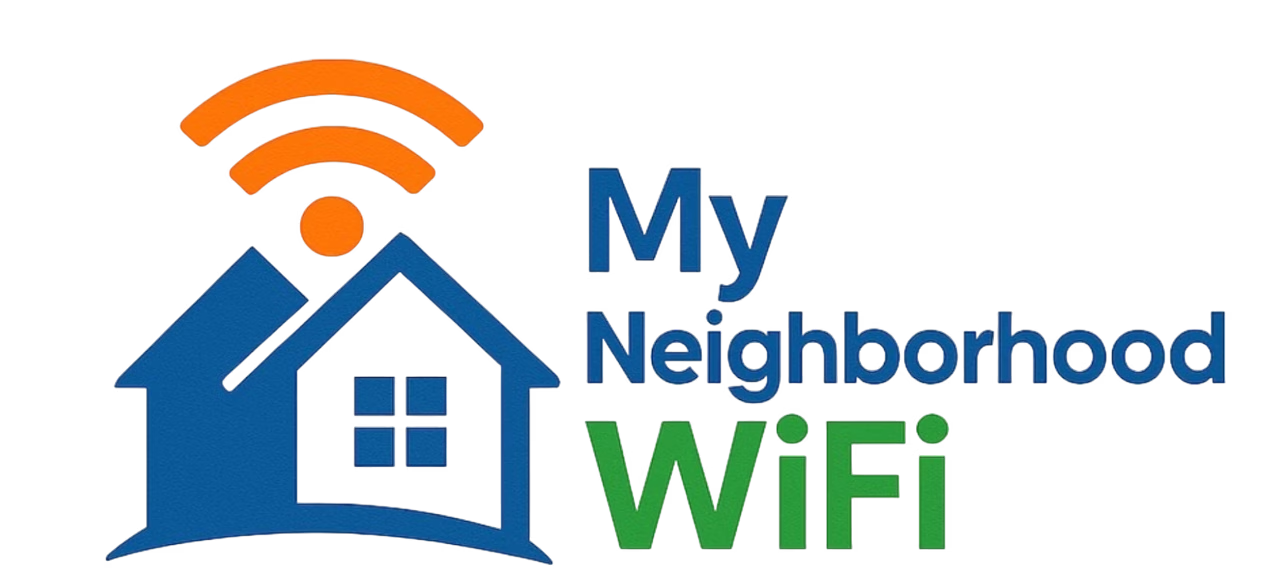
Running a small business today means that a reliable internet connection is no longer just a convenience—it’s the backbone of your operations. From cloud-based tools and video calls to point-of-sale systems and customer engagement, your internet provider can help you thrive or cause costly downtime. In this guide, we’ll explore the top internet providers for small businesses in 2025, along with practical tips on choosing the right service for your company’s unique needs.
Why Internet Quality Matters for Small Businesses
A shop, office, or even a home-based business depends on stable connectivity. Spotty service or slow speeds can frustrate clients and halt productivity. Here’s why your choice of provider matters more than ever in 2025:
- Cloud Tools: Platforms like Google Workspace and Microsoft 365 require bandwidth for seamless collaboration.
- Remote Work: Teams often work in hybrid setups, demanding strong upload and download speeds.
- Customer Interaction: Online bookings, customer support chats, and digital payments all rely on uninterrupted connectivity.
- Security: Many providers now bundle in advanced network protections, reducing small business risks.
How to Choose the Best Internet Provider for Your Business
Before jumping into providers, it’s important to evaluate your business needs. Consider:
- Speed: Do you need basic browsing and email, or high-capacity for video conferencing and large uploads?
- Reliability: How critical is 24/7 uptime to your operations?
- Scalability: Can the plan grow with your business as staff and services expand?
- Customer Support: Quick solutions to problems can make or break service quality.
- Cost: Ensure the price matches your usage and available features.
Pro Tip:
Check community experiences on Reddit’s Small Business forum or Quora to see what other business owners in your region recommend.
Top Internet Providers for Small Businesses in 2025
Now, let’s highlight some options that stand out in 2025 across different business needs. Keep in mind that availability depends on your region.
1. Fiber-First Providers
Many fiber providers deliver the fastest and most reliable experience, with matching upload and download speeds. This is particularly important if your business uploads large files or relies on cloud storage backups daily.
- Consistently high speeds.
- Best for hybrid teams and digital agencies.
- Usually better uptime guarantees compared to cable or DSL.
2. Cable Internet Providers
Cable is more widely available than fiber and often offers a good balance of price and performance. This makes it appealing to small business storefronts and restaurants that need steady connectivity without ultra-premium options.
3. Wireless and 5G Options
Improving 5G networks give small businesses flexible solutions. If you operate a food truck, pop-up shop, or mobile service, these are worth considering. They offer:
- Portability—no wires required.
- Quick setup times.
- Great for businesses that change locations or don’t want long contracts.
4. Satellite Internet for Rural Businesses
For businesses in rural communities or areas where wired options are limited, satellite internet remains a critical solution. While latency is higher, it ensures connectivity where other options simply don’t reach.
Key Features Small Businesses Should Look For in 2025
When reviewing options, keep an eye on extras that may save your business time and money:
- Service Level Agreements (SLA): Providers may offer guaranteed uptimes—important for businesses that can’t risk downtime.
- Built-in Security: Many plans in 2025 come with firewalls and advanced security suites, tailored to protect small offices.
- Dedicated Support Lines: Some providers have dedicated small business customer support teams.
- Multi-location Plans: Ideal for small businesses with more than one storefront or branch office.
Routers and Equipment for Small Businesses
A great internet plan only performs as well as the hardware that powers it. Whether your business is welcoming guest traffic or powering internal systems, a quality router is essential.
Recent guides like this one on Medium suggest models such as the TP-Link Archer AX55 or AXE75 as strong fits for high-traffic households or small business setups thanks to their Wi-Fi 6 and Wi-Fi 6E capabilities. Investing in your own router, instead of using the default ISP rental, also saves money long-term and gives you more control.
Router Setup Tips:
- Use wired Ethernet connections for desktops or POS systems where speed consistency matters most.
- Enable guest Wi-Fi for customers to keep your private business network secure.
- Place routers centrally in your space for better signal coverage.
Comparison Table: Business Internet Types
Here’s a quick overview of internet options small businesses lean on in 2025:
| Type | Best For | Pros | Cons |
|---|---|---|---|
| Fiber | Agencies, hybrid teams, tech startups | Fastest speeds, reliable, equal uploads/downloads | Limited availability |
| Cable | Retail shops, local offices | Widely available, decent speeds | Speeds vary during peak hours |
| 5G/Wireless | Mobile businesses, remote work | Portable, easy setup | Coverage varies by location |
| Satellite | Rural businesses, remote operations | Available almost everywhere | Higher latency, weather disruptions |
Community Insights: Where to Ask About Providers
Before you sign a contract, it’s helpful to see what other business owners near you are saying. Here are great places to start:
- Yelp business reviews for internet service feedback.
- Reddit Entrepreneur community discussions on small business telecom setups.
- YouTube tutorials and speed test demos for equipment setup and troubleshooting.
Final Thoughts
Choosing the right internet provider for your small business in 2025 depends on a mix of scalability, reliability, and support. Whether you’re running a local bakery, managing a design agency, or offering remote consulting, your internet service will directly impact the customer experience and your ability to compete. Fiber internet is the gold standard for speed and reliability, but cable, wireless 5G, and satellite all have their roles depending on your location and budget. And don’t forget—pairing your plan with the right hardware will ensure smooth operations today and flexibility for tomorrow.
“Most inquiries are answered within the same day”
Written by admin
Content writer and tech enthusiast sharing insights on internet connectivity.



